Top 15 largest cities in Nigeria by land mass as of 2024: how big are they?
Nigeria is Africa's most populated country. Dubbed the Giant of Africa, Nigeria is also the continent's biggest economy, boasting some of the largest cities, beaches, and oil deposits. Lagos, the country's largest city, is the most populated city in Nigeria and Africa. Interestingly, it is not the biggest in terms of land area. What is the largest city in Nigeria by land mass?

Nigeria is home to diverse cultures spread across its massive cities. Each city has its unique charm, indigenous backstory, and cultural significance. But which among them is the biggest city in Nigeria? And how big are they? Outlined below are the largest cities in Nigeria by land mass.
The largest city in Nigeria by land mass
Below are the top 15 largest cities in Nigeria, ranked based on the total land cover that spans a city's metropolis, the actual urban area settlement, and more.
1. Ibadan city

Read also
New airport sparks unlikely dreams in isolated north Cyprus
- Total area: 3,080 km²
- State: Oyo
- Geopolitical zone: Southwest
Ibadan, the capital and main business hub of Oyo State spans approximately 3,080 km² and is the largest city in Nigeria by land mass. Ibadan city is a strong commercial hub, thanks to its proximity to Lagos, and is also renowned for its prestigious educational centres, such as the University of Ibadan.
The city was founded in 1829 under the British colonial charter but has blossomed tremendously over the centuries. Far from its commercial and educational hub reputation, the largest indigenous city in Nigeria is Ibadan.
2. Ogbomosho
- Total area: 2,110 km²
- State: Oyo
- Geopolitical zone: Southwest
Ogbomosho was founded in the mid-17th century and is the second-largest city in Oyo State. The defined town limits span an estimated 2,110 km².
While the town is principally a Yoruba settlement, it has grown to become a perfect metropolis whose backbone is agribusiness involving cocoa, palm oil, and rubber. Further, the Ogbomosho city is a notable academic centre, hosting institutions such as the Ladoke Akintola University of Technology.

Read also
Jos and other unsung Nigerian cities that groomed and nurtured outstanding music talents
3. City of Jos
- Total area: 1821 km²
- State: Plateau
- Geopolitical zone: North Central
The city of Jos, popularly known as "Jos Town," covers an area of approximately 1,821 km². Situated on the Jos Plateau in Plateau State, the city is reputed for its distinct temperate climate and cascading hills, but its captivating landscapes are a natural beauty to behold. That probably explains why the city has become a major tourist attraction in Nigeria.
4. Abuja

- Total area: 1,769 km²
- State: Abuja
- Geopolitical zone: North Central
Abuja is the federal capital territory of Nigeria and boasts defined city limits land area of about 1,769 km². The Abuja city was founded in 1976 but has quickly become a bustling metropolitan area.
It currently serves as Nigeria's political capital, home to government institutions such as the National Assembly and the Presidential Complex.
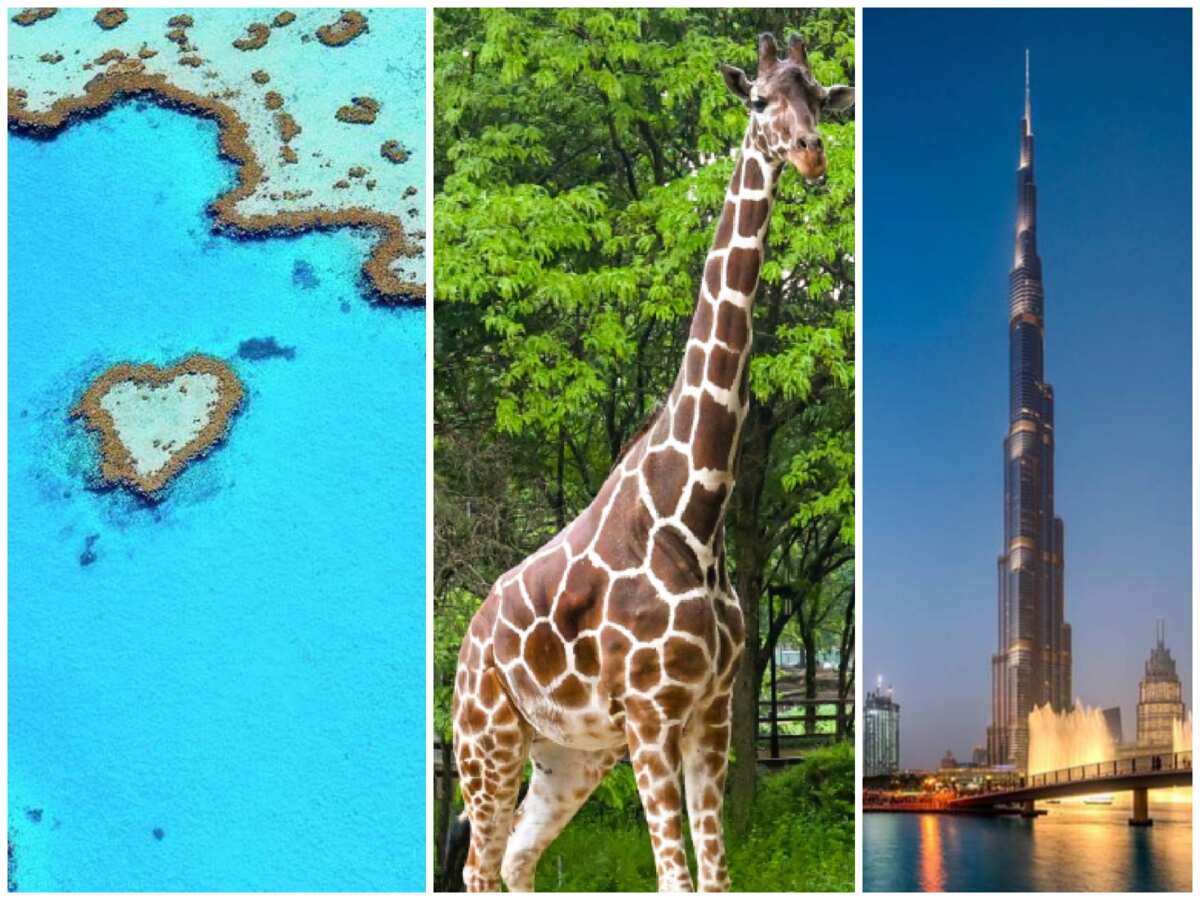
Read also
What is the biggest thing in the world? Largest items on earth
5. Benin city
- Total area: 1,204 km²
- State: Edo
- Geopolitical zone: Southwest
Benin City, formerly the capital of the ancient Benin Empire of West Africa, covers a land area of 1,204 km² and is the fifth biggest city in Nigeria by land mass. Benin city is located in the southwest of Nigeria and is the capital and commercial hub of Edo State.
6. Lagos
- Total area: 1,171 km²
- State: Lagos
- Geopolitical zone: Southwest
With an estimated population of over 21 million inhabitants and a land area of 1,171 km², Lagos city is currently the most populous city in Africa and the sixth-largest city in Nigeria by land mass, respectively.
As a port city on the Atlantic coast, Lagos is not only Nigeria's economic hub and home to the famous Nollywood but also a primary commercial centre for the continent. It is a densely populated city renowned for vibrant markets and bustling ports.

Read also
Coup d'état: List of African nations currently under military rule
7. City of Warri

- Total area: 1,048 km²
- State: Delta
- Geopolitical zone: South
Warri, alongside the twin city of Uvwie, is the commercial capital of Delta State in the South of Nigeria. The city limits span 1,048 km² and are the indigenous territory of the Ijaw and Urhobo people. The City of Warri is also a major oil and gas hub, home to major refineries, petrochemical plants, and a seaport.
8. Akure
- Total area: 991 km²
- State: Ondo
- Geopolitical zone: Southwest
Akure city limits span 991 km² and is the capital and commercial hub of Ondo State. The city's population mainly comprises Yoruba subgroups and serves as a centre for agriculture, focusing on cocoa production. Akure city is also home to the prestigious Federal University of Technology, Akure.
9. Abeokuta
- Total area: 879 km²
- State: Ogun
- Geopolitical zone: Southwest

Read also
Best country in Africa: greatest places to live in and visit
Abeokuta covers an area of 879 km² and is the capital of Ogun State. Abeokuta city was founded under British colonial rule in the mid-19th century and is historically famous for being a refugee centre during the Egba resistance. It is also indigenous to Yoruba-speaking subgroups.
10. Ilorin
- Total area: 765 km²
- State: Kwana
- Geopolitical zone: North Central
Situated in Kwana State, Ilorin city, which covers an area of 765 km², is the 10th biggest city in Nigeria by land mass. It is a significant commercial and transportation hub and an educational centre hosting the University of Ilorin. The city's population is predominantly Yoruba.
11. Zaria
- Total area: 563 km²
- State: Kaduna
- Geopolitical zone: Northwest
Zaria, with city limits that span 563 km², is the indigenous home to the Hausa and Fulani-speaking people. Zaria city is renowned for its prestigious Ahmadu Bello University and serves as a commerce, education, and agriculture centre.
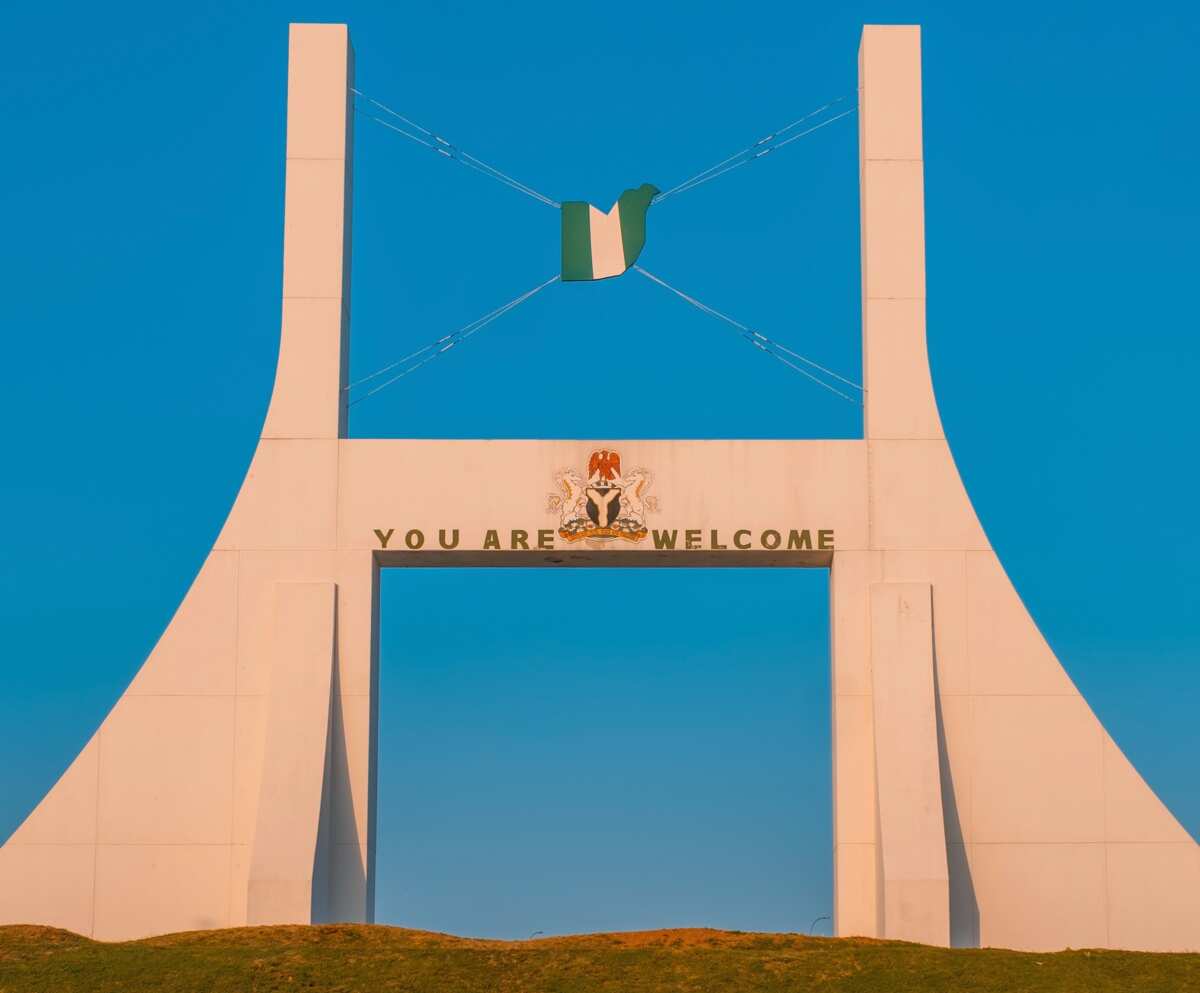
Read also
Best state in Nigeria: 10 greatest places to live in the country
12. Kano city
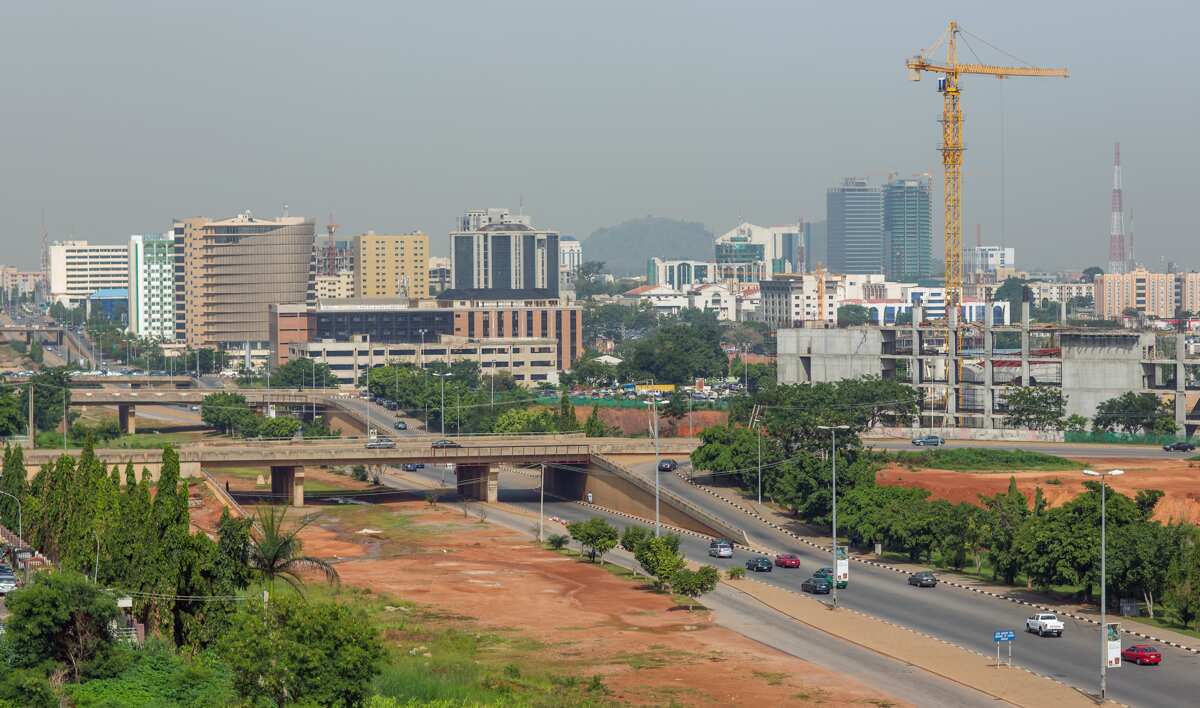
- Total area: 499 km²
- State: Kano
- Geopolitical zone: North Central
Kano city boasts a land area of around 499 km². As one of Nigeria's oldest cities, Kano city is known for its rich history and cultural heritage, including the ancient city walls and Kurmi Market. It is a major manufacturing centre whose economy is based on cotton, metal works, groundnuts, and salt production.
13. Calabar municipal city
- Total area: 406 km²
- State: Cross Rivers
- Geopolitical zone: South
Calabar, the capital of Cross River State of Nigeria, covers 406 km² and is the 13th largest city in Nigeria by land mass. Calabar municipal city is flanked by the Atlantic Ocean and the Calabar River and boasts amazing natural beauty.
14. Port Harcourt
- Total area: 369 km²
- State: Rivers
- Geopolitical zone: South
Situated in the Niger Delta, the city limits of Port Harcourt are bound within a land area of 369 km². The oil-rich city houses major oil and gas plants and is a major commercial and industrial hub.
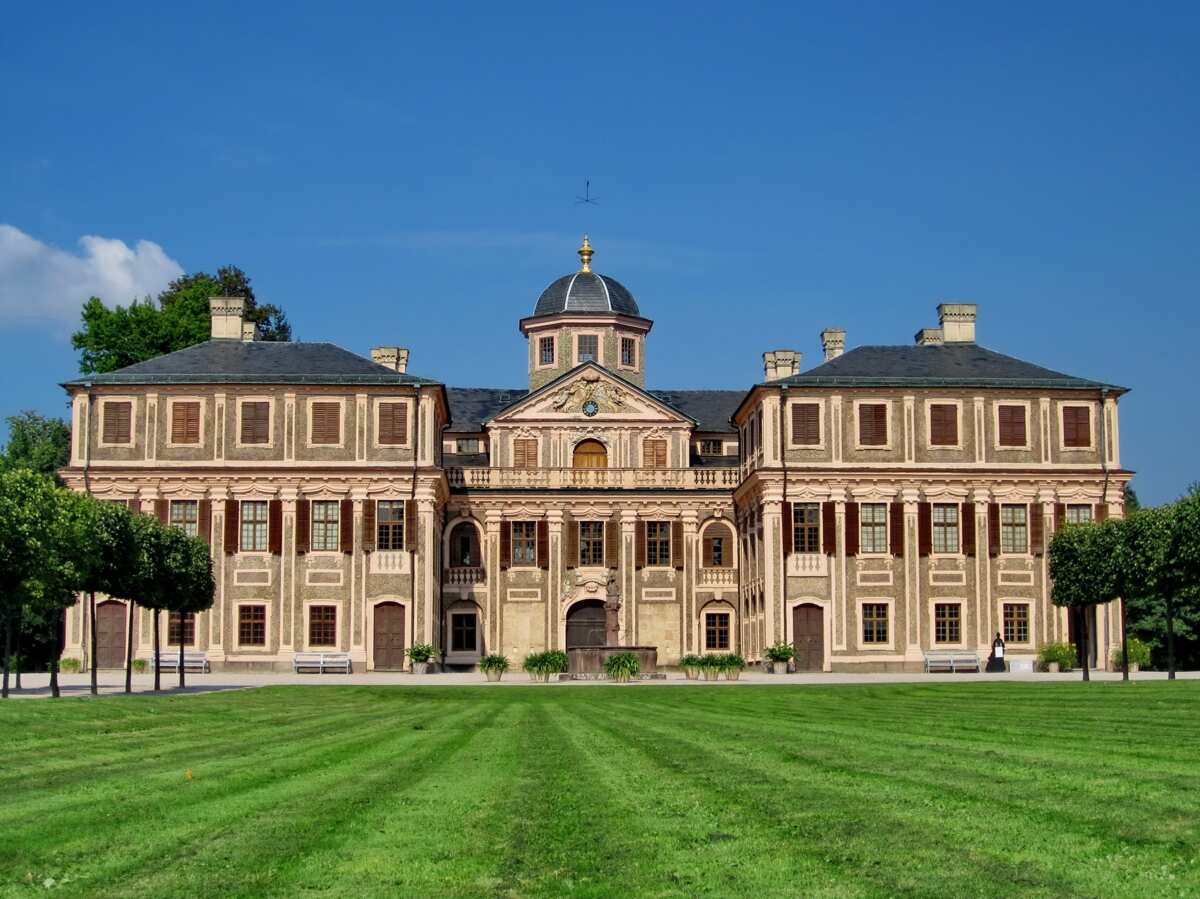
Read also
15 biggest houses in the world: the largest mansions you’ve ever seen
15. Maiduguri
- Total area: 137 km²
- State: Borno
- Geopolitical zone: Northwest
Maiduguri city, covering a land area of 137 km², is the capital of Borno State and the 15th largest city in Nigeria. Maiduguri city boasts a rich cultural heritage and is a major commercial centre in the north of Nigeria.
What are the two biggest cities in Nigeria as of 2024?

As of 2024, Ibadan and Ogbomosho are the two biggest cities in Nigeria by land mass, covering estimated land areas of 3,080 km² and 2,110 km², respectively. Ibadan's location is a satellite inland town off Lagos with an influx of commercial activities.
Where is the largest city in Nigeria?
While most assume that Lagos is the biggest city in Nigeria, that's far from reality. Ibadan, located in Oyo State in the Southwest of Nigeria, is. The difference between the two is that Lagos is the most populous, while Ibadan is the biggest by land area.
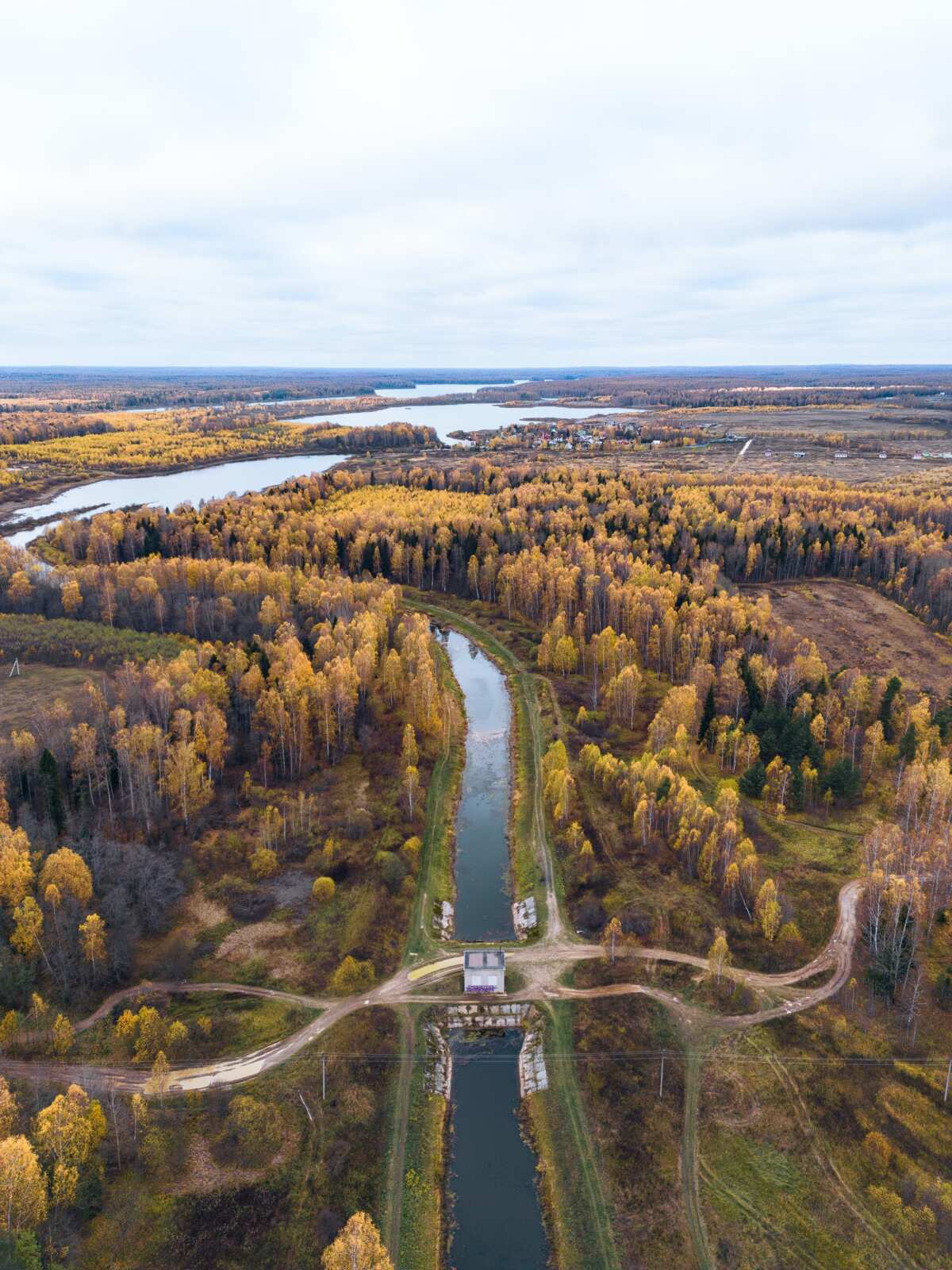
Read also
Longest river in the world: top 10 contenders for the title
What is the largest city in Africa?
All factors considered, Lagos, with 21 million inhabitants, is the largest city in Africa in terms of population and second largest in terms of GDP (after Cape Town). Lagos is closely followed by Kinshasa, the Democratic Republic of Congo, and Cairo, Egypt.
Why is Lagos city popular?
Lagos is the economic centre of Nigeria and is often referred to as the financial capital of the country. It hosts the headquarters of many Nigerian banks, financial institutions, and major corporations.
Nigeria, Africa's largest economy, boasts numerous cities with unique charm and cultural significance. While Lagos city is superior in population and GDP, its city limits aren't as big as Ibadan, which boasts an expansive land area and is currently the largest city in Nigeria by land mass.

Legit.ng recently produced a list of the world's largest hotels. There are countless massive hotels around the world, and some are significantly larger than others in terms of room count and structure.
These enticing hotels offer a myriad of opulent amenities, including luxury guest accommodations and suites, bars, restaurants, private beaches, cafés, pools, spas, and a variety of travel and tourism services.
Source: Legit.ng
ncG1vNJzZmivp6x7rbHGoqtnppdkrrS3jKWcoKGkZMGwvI5qaHBtYW1%2BbrjAq56eq6RisKrA2Galop%2BVp7aiecGyZKmnoKq5osDIqKVmpJGjsW65wKyqaA%3D%3D